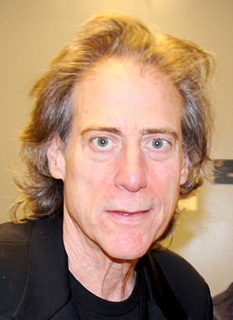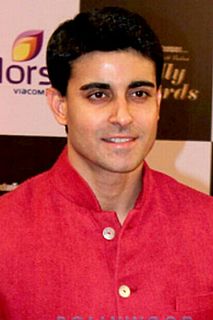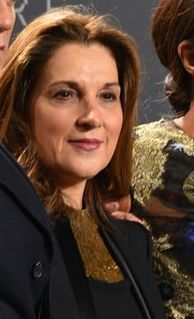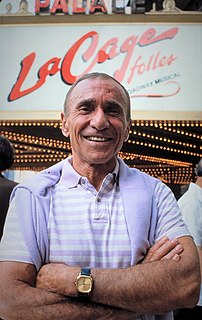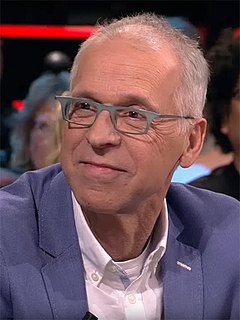A Quote by Sinclair Lewis
When audiences come to see us authors lecture, it is largely in the hope that we'll be funnier to look at than to read.
Related Quotes
It's a privilege. It's a real honor. It's a challenge. Michael and I always feel we stand on tall shoulders when we make these films. Audiences come to them with a lot of good will because of what's come before. We just try to make the best film we can, each time, and hope that we satisfy the fans. I'm sure, with Skyfall, that we will. I think it's a terrific film. I hope the audiences enjoy it, as much as we've enjoyed making it.
Interestingly it's when you come to the comedy, that's where a lot of the discussion is. It's like ten people sitting around talking about what is funny. "Is that funny? Is that funnier than that? Is this slightly funnier than this?" I guess that's what it's like when you're making a comedy movie as well, you just have to sit around talking seriously about the nature of comedy.
If I were but sure that I should live to see the coming of the Lord, it would be the joyfulest tidings in the world. O that I might see His kingdom come! It is the characteristic of His saints to love His appearing, and to look for that blessed hope. "The Spirit and the bride say, Come." "Even so, come, Lord Jesus."
Sure, kids want to read whatever is the hot book, and of course they want to read fantasy and any kind of speculative fiction, but they also like to read stories with kids that look just like them, that have the same problems as them. And I've noticed that what they particularly want to see is to see those characters prevail. So they don't want sanitized situations. They want stories to be raw, they want them to be gritty, but they also do want to see the hope at the end of the story.

